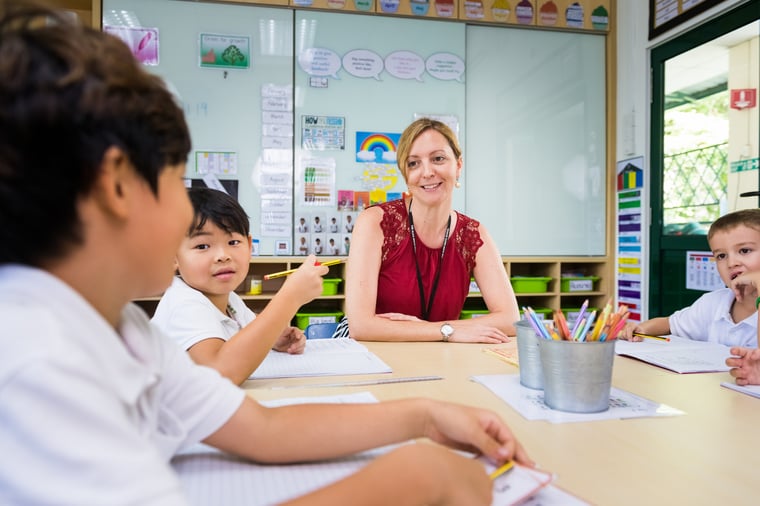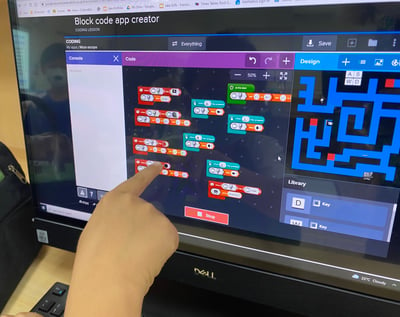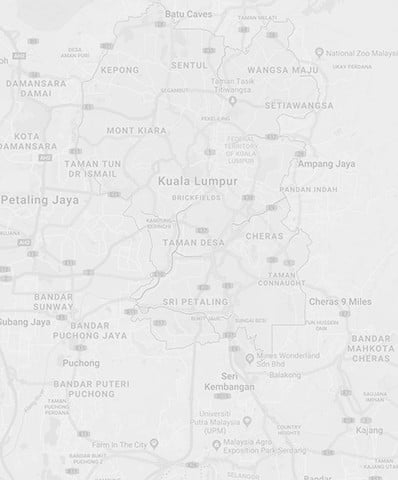As a parent searching for schooling, considering an international school for your child is a good idea. With rising demand for international schooling, particularly in East and South-East Asia, according to ISC Research, forecasts suggest that international schools will host almost 7m pupils by 2023. This can make your job of picking a school difficult and you may not know what exactly to look for or what questions to ask.
That’s where we can help! In our three part series blogs, we have put together suggestions on what questions to ask when looking for an international school and what you should consider.
1. Teaching Qualification
As a parent, it can be difficult to judge the quality of teaching staff at your chosen school. You may be tempted to look at personality and likability. These factors may be helpful to consider, but they are largely superficial.
What you should prioritise is looking for teachers who can plan thoroughly, modify their approach and instructions for students based on their individual needs. This means they are able to appreciate each child’s differences in their learning style and pace, meaning they can focus on end goals instead of achieving benchmarks.

At Alice Smith School, we take pride in having quality teaching staff to enhance our students' learning. As a Tier 1 school, we attract top teachers from around the world; our teachers have proven to be more than deserving of this ranking.
“The quality of our teaching is intrinsically linked to the calibre of our staff,” says David Potts, Vice Principal of Learning and Teaching at the Secondary Campus, “most teachers at Alice Smith have at least two years of experience teaching at schools in the UK before joining us.”
Additionally, the curriculum planning approach our teachers use is called backward design, a concept developed by Grant Wiggins and Jay McTighe. The ‘traditional’ approach to lesson design involves content and a sequence of lessons being identified with an assessment at the end. In a backward design approach, we:
- Identify what students should know and be able to do;
- Decide what assessment will best measure that learning; and
- Identify the sequence of lessons.
Questions to ask international schools:
- What is your approach to the curriculum?
- How do teachers plan for units of work?
- If my child is behind or advanced in their learning, how will teachers adapt their methods to meet their needs?
2. Classroom, technology and other facilities
We know that learning environment can have an impact on a child’s learning. On average, students only retain about 50% of what they see, hear, and read in a classroom, so it’s important to remember that learning isn’t just limited to the classroom. By extending that and investing into technology and other spaces and facilities on campus, students will be better learners and better at retaining what they’ve learned in class.

At our international school in Kuala Lumpur, we focus on making our campuses the very best learning environments for our students. They offer a modern learning environment, designed to be adaptable and responsive in their use and foster a collaborative learning environment. They also enable students to work in groups or individually and facilitate teaching and learning in different ways - for all types of learners and all ages.
Questions to ask international schools:
- What is the classroom set up?
- What facilities/technology does your school offer to students?
- What training do teachers and students receive on using the technology available in school?
- How is technology integrated into learning, both inside and outside the classroom?
- How often are systems updated and evaluated?
3. Price
This is probably one of the biggest factors for parents when choosing an international school: ‘value for money’. This is a fair question to ask, however, parents should remember that educators who are experienced and well-trained, with native English-speaking background are expensive, which is reflected in the school’s prices.
One of the things you should be looking at are the school’s staff base, their teachers. Where do they come from, what qualifications do they have, and how often do they receive training? Verify if the foreign teachers are fully qualified and match that up with the tuition fees. Just because a school is labelled as an ‘International School’ with ‘Foreign Teachers’, that doesn’t guarantee value for money or even quality.
Alice Smith School is the oldest not-for-profit international school in Malaysia. The benefits of not-for-profit are second to none: everything you pay for your children’s education is invested right back into supporting them and their learning. Whether that be through world-class teachers, improved operations, student services or an abundance of extracurricular activities – and much more. Our student success rates are a testament to this investment.
As a Tier 1 not-for-profit school, we can guarantee the needs of our students are placed above all else. We perform quality assurance tests recognised by COBIS (Council of British International Schools Overseas) to maintain the performance of our teaching staff. We have also received the UK Institute of Education's Professional Development Quality Mark – another sign of our commitment to excellence.
Questions to ask international schools:
- Where are the teachers from?
- What are the teacher’s qualifications?
- Do teachers receive continuous training?
These questions are a good place to start when researching and finding an international school for your child.To make the search easier and to better understand what makes an international school stand out from the rest, we’ve created an admissions checklist.
Please do get in touch if you have any questions for Alice Smith School, we’re always happy to help. To learn more about what Alice Smith School has to offer, download a prospectus or book a tour to come and see for yourself.



